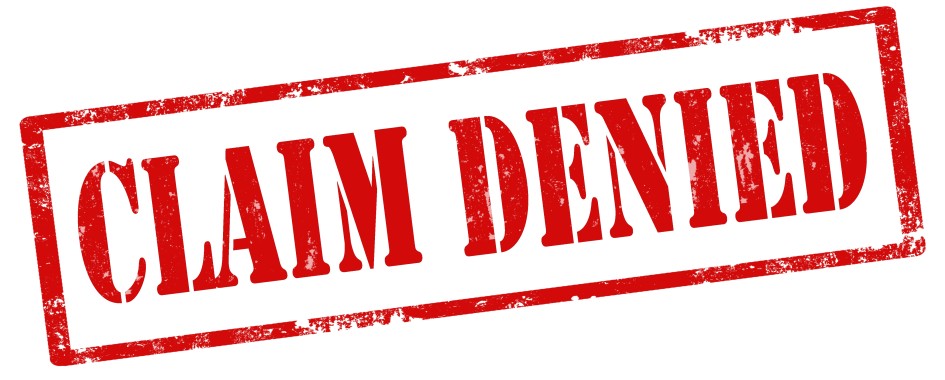In Provencal LLC v. Tower Ins. Co. of NY, Tower Insurance Company of New York (Tower) issued a commercial property policy to Provencal LLC. Heavy rains caused the collapse of a retaining wall. At trial, the parties stipulated that the cause of the damage “was the force of runoff water from a neighbor’s property, which funneled into a drainage basin adjacent to the retaining wall, creating excessive water pressure against the wall.”
Tower disclaimed for all losses under an exclusion that precluded coverage for “damage caused by water under the ground surface pressing on, or flowing or seeping through, foundations, walls, floors or paved surfaces not covered by the policy.”
Provencal agreed that the damage to the retaining wall was not covered under the policy because of the identified exclusion, but argued it was entitled to coverage because Tower did not identify the exclusion in its disclaimer letter. Provencal asserted it was owed coverage under the doctrines of waiver and/or estoppel.
The appeals court affirmed the trial court’s ruling in favor of Tower. Citing New York precedent regarding the concept of waiver, the court held waiver did not apply because “the failure to disclaim based on an exclusion will not give rise to coverage that does not exist.” In other words, because Provencal was not entitled to coverage in the first place, Tower could not have waived coverage for failing to identify the exclusion in its disclaimer letter.
In the discussion regarding estoppel, the court posited that “estoppel requires proof that the insured has suffered prejudice by virtue of the insurer’s conduct.” The court ruled that Provencal failed to prove the requisite showing of prejudice because it did not show that Tower’s actions “lulled [the insured] into sleeping on its rights under the insurance contract.”
This opinion is helpful to insurers because it holds that failing to address a coverage defense in a disclaimer letter does not create coverage in those situations where the insured is clearly not entitled to coverage. But it is important to note that the law based on waiver and estoppel as it pertains to position letters varies by state. Therefore, insurers should remain cognizant of the jurisdictional differences in the law regarding equitable defenses like waiver and estoppel.
